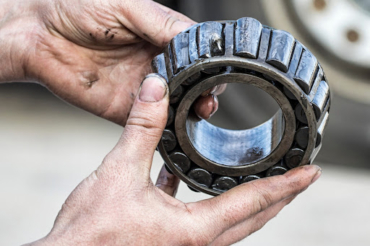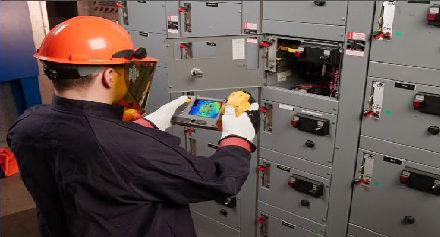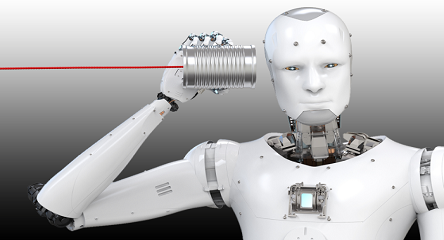
There sure are a lot of acronyms around and it seems like new ones come out every day. Not sure about you, but I have a hard time keeping track of them. There are times when I attempt a conversation with someone, and they are spewing out so many acronyms it is hard to decipher just what they may be talking about.
I want to point out one in the Industrial Maintenance world we may want to emphasize on a more frequent basis to help increase reliability; RCFA or Root Cause Failure Analysis.
About Root Cause Failure Analysis
If you do a Google search for it, you will find a plethora of ways to accomplish an RCFA. I personally have found that simply asking “why” until one reaches the root cause is a simple effective way to get to a root cause without thinking one needs to be an ME (mechanical engineer). Do not get me wrong, there is a time and place for any number of methods, I just like to keep it simple.
So, what do we want to accomplish with an RCFA? The following is a portion of a four-part blog I wrote in 2017.
Root Cause Failure Analysis is determining the root cause of a machine failure. Every effect has a cause. Remove the cause, remove the effect. Typical root causes of failures in rotating machinery are:
- Misalignment
- Unbalance
- Lubrication
- Resonance
- Improper operation
- Poor quality
- Improper specification
- Assembly errors during the overhaul
- Bad bearings
- Poor electrical quality
Be Proactive
Being proactive is a general approach that consists of a wide variety of maintenance practices and strategies and uses various technologies where appropriate. A plant in proactive mode will employ all the maintenance strategies where appropriate.
Proactive Maintenance should be the goal of every industry that plans to remain competitive. It also requires participation from the top of an organization throughout the entire organization.
Therefore, if you are experiencing repeat failures, an RCFA would be of benefit.
By Stan Riddle (Technical Trainer)

Stan Riddle joined Acoem USA in 2008. He has over 35 years experience in aligning industrial machinery. Stan received his AAS Degree in Machinist Technology from Surry Community College in Dobson, NC, and also holds a diploma in Industrial Systems Technology from Forsyth Technical Community College in Winston-Salem, NC, where he was also an instructor in the program.
Stan began his maintenance career working as a machinist and millwright for companies such as Weyerhaeuser, R.J. Reynolds, and Tyco Electronics. He also has over 25 years experience in Predictive Technologies, such as vibration analysis, thermography, oil analysis, and ultrasonic inspection. He is a certified Level III Vibration Analyst with the Vibration Institute, and is a Past Chairman and Board Member of the Piedmont Chapter.








